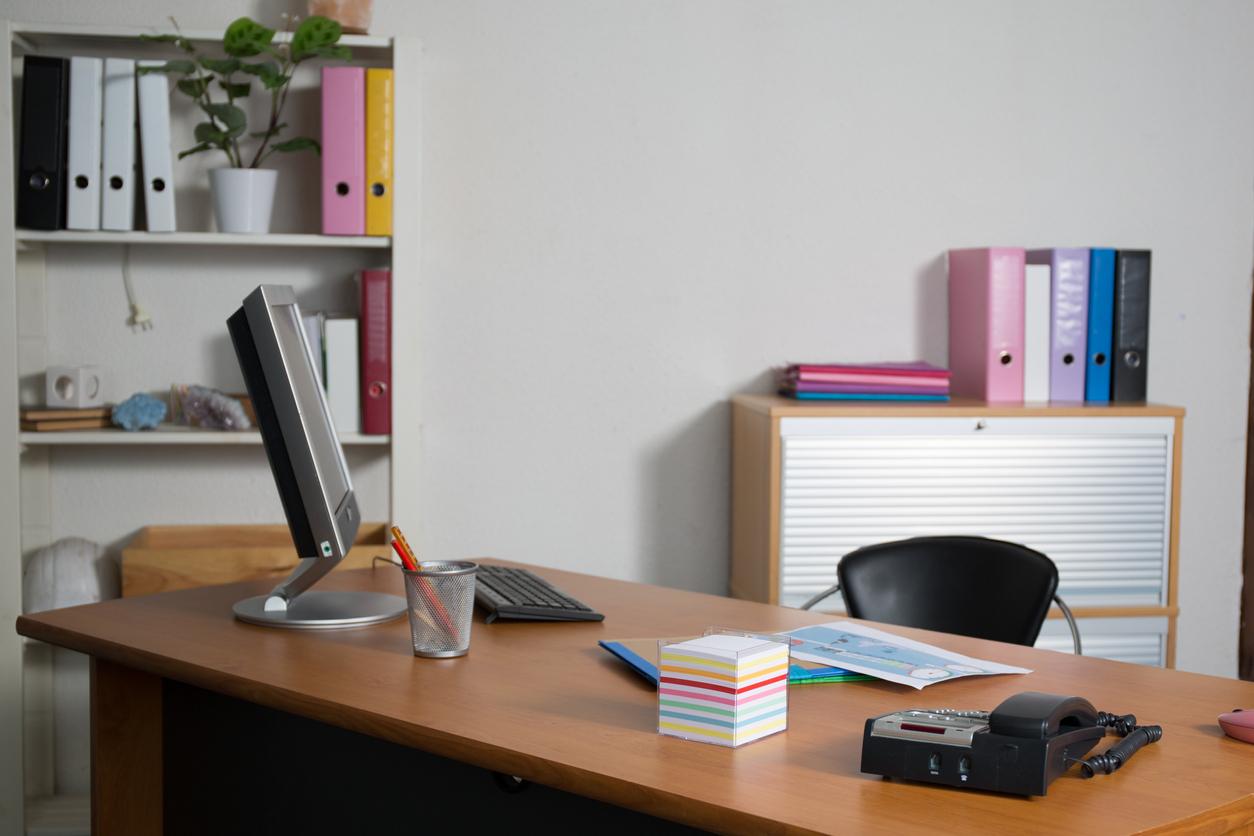France is one of the countries most affected by over-representeism, the fact that an employee comes to work when his condition requires a stop. 55% of French employees are affected.

“Overrepresentation”, a word little known to the general public but which nevertheless affects more than one in two French employees (55%). Over-presenters are actually people who come to work despite a state of health that would require sick leave. “However, the phenomenon is not trivial since over-presentism degrades the health of the worker and leads in the long term to more serious illnesses. It may be a poorly treated pneumonia which can degenerate, or the risk of heart attacks which increases ”, confides Denis Monneuse, sociologist, specialist in occupational health, who publishes a book (1) on a phenomenon that has been developing since the economic crisis of 2009.
The French champions of over-presentism in Europe
Denis Monneuse : According to the study carried out in 2010 by the European Foundation for the Improvement of Living and Working Conditions, France is one of the countries where the time of over-presentism is the highest (48% of French people have come to work at least once in the year while they were sick). The European average is rather around 40%. According to my surveys of a few companies, it seems to me that this figure is higher, around 55% of French people who would have practiced it during the year.
Different causes depending on the socio-professional category
Denis Monneuse : If we look at the over-representeism of executives or senior executives, it is a question of exemplarity. Many of those I have met tell me that they want to set a good example for their people. It may also be a form of denial of the disease, for example some say to themselves, it’s not a little flu that will prevent me from working. On the other hand, we will have different causes in people who are rather precarious (CDD, interim …). The latter are afraid of losing money in case of absence. The current economic crisis is contributing to the increase in over-presenceism.
Disastrous consequences for the employee and the company
Denis Monneuse : By not taking the necessary convalescence time, the employee may take longer to heal. But over-representeism also has a cost for the company. First of all, the contagion effect. If the employee who is sick carries a virus, for example, he risks infecting his colleagues. The other possible risks are the decrease in productivity of the sick employee which can lead to careless errors (sometimes costly for the company) or work accidents, sometimes serious. In the end, the company is rarely a winner in the medium or long term.
A phenomenon better regarded in Anglo-Saxon countries
Denis Monneuse : Among the responses developed in Anglo-Saxon countries, there is mainly awareness. But there are also companies which offer a certain number of sick days paid by the company, to ensure that people can take care of their health. Some companies are also working on the concept of teleworking in the event of contagious diseases or those which could have a significant impact. The idea is that the person stays at home, but works or at least takes care of urgent business. These solutions allow these employees to find a comforting intermediary between total absence and over-presence.
(1) Over-presentism, working despite illness, Editions De Boeck
.














